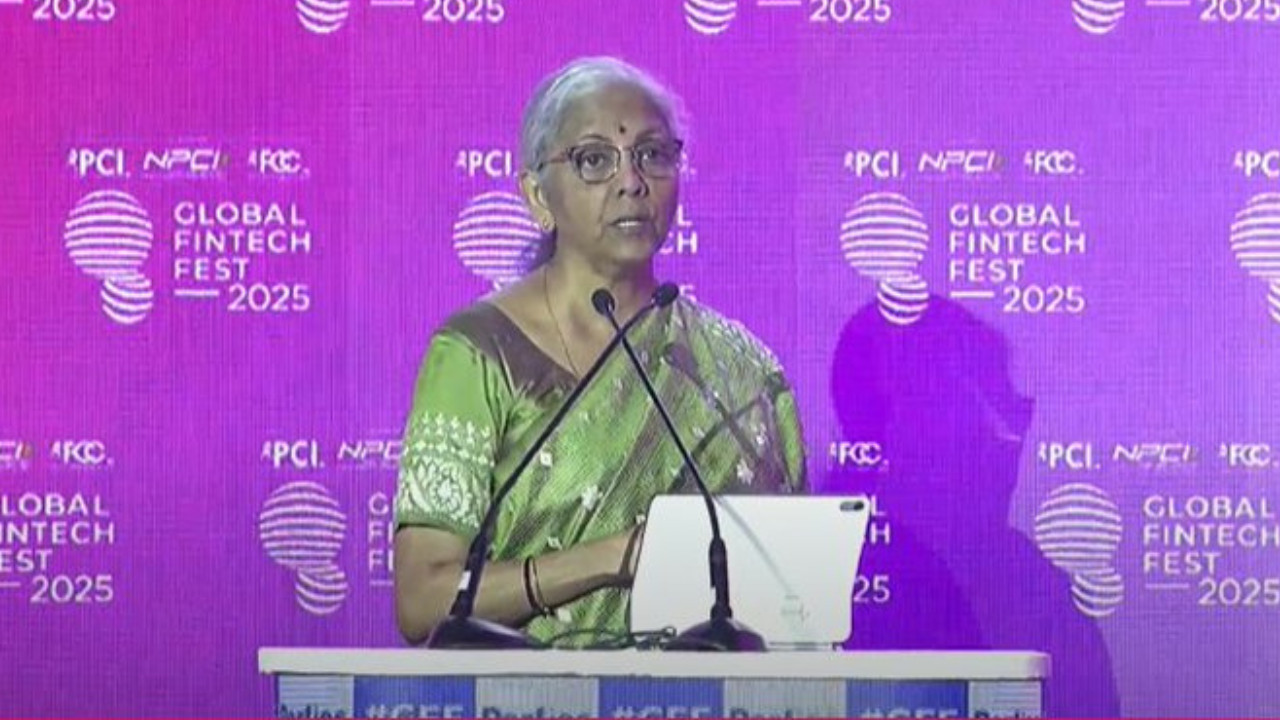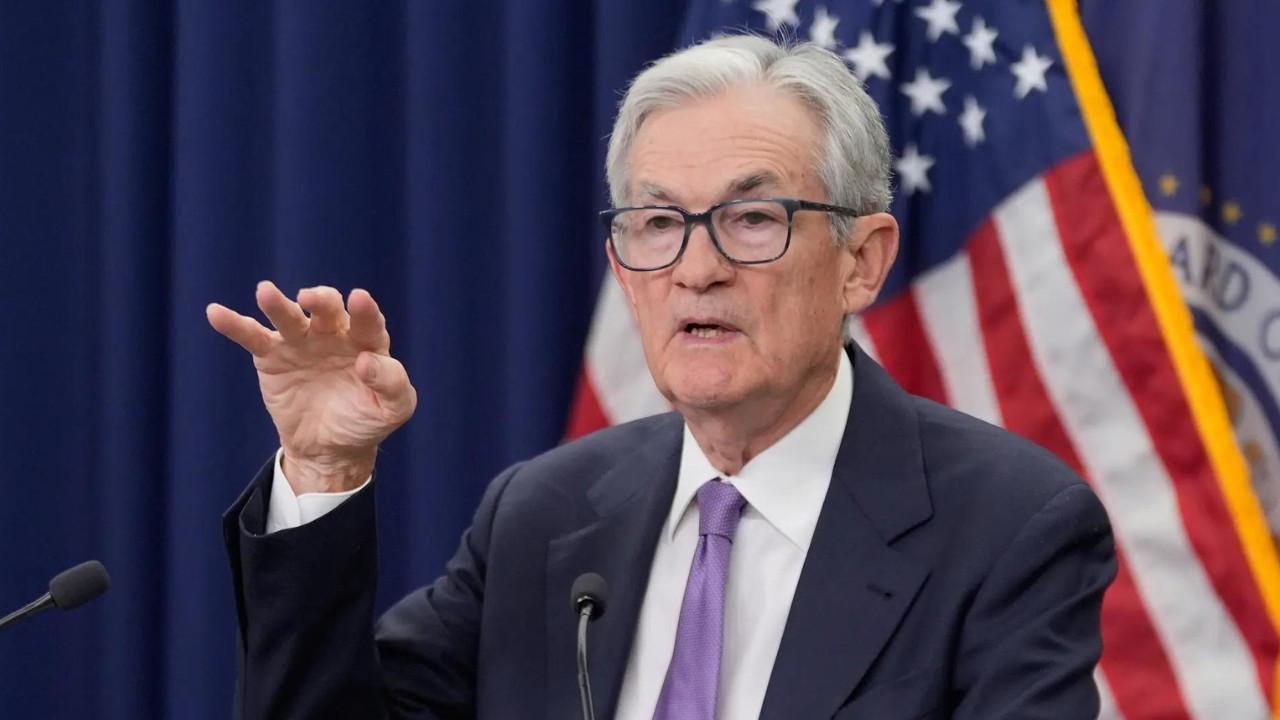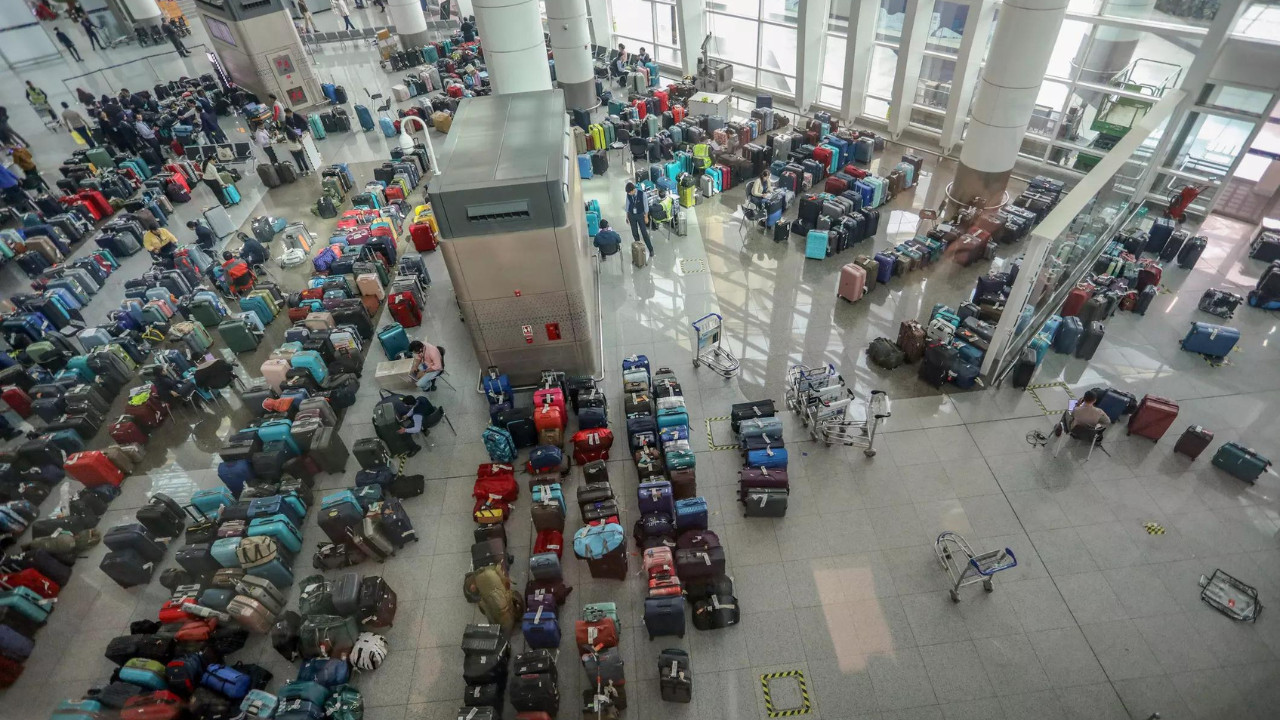Finance Minister Nirmala Sitharaman launched GIFT City’s foreign currency settlement system, enabling local settlement of international transactions. She also highlighted India’s AI advancements and the impact of Direct Benefit Transfers, while emphasizing support for Global Capability Centres and fintech’s role in democratizing finance.
India’s Fintech Revolution: A World Leader Emerges
India’s ascent in the global fintech arena is nothing short of spectacular, and the recent Global Fintech Fest (GFF) in Mumbai underscored just how far the nation has come. Beyond the buzz and networking, a major leap forward was unveiled: a system for settling international transactions directly in local currencies. Finance Minister Nirmala Sitharaman launched this innovative mechanism, a move signaling a potential paradigm shift in how India engages with the global financial landscape.
For too long, international trade has relied heavily on intermediary currencies like the US dollar, adding layers of complexity and cost. This new system allows for direct settlement with partner countries in their respective currencies – think rupees trading directly for dirhams, for example. This cuts out the middleman (or rather, middle-currency) and streamlines the entire process. The implications are huge, promising to reduce transaction costs, accelerate settlement times, and foster stronger economic ties with participating nations.
The initial focus appears to be on strengthening trade relationships with countries in Asia and the Middle East, regions with burgeoning economies and growing strategic importance to India. This move aligns perfectly with India’s broader geopolitical strategy of fostering regional cooperation and reducing reliance on Western-dominated financial systems.
India’s Dominance in Real-Time Digital Transactions
The Finance Minister also highlighted a staggering statistic: India now accounts for nearly half of the world’s real-time digital payment transactions. This isn’t just a matter of bragging rights; it’s a powerful indicator of the transformative impact of initiatives like the Unified Payments Interface (UPI). UPI has revolutionized how Indians transact, making digital payments accessible and convenient for everyone from urban professionals to rural farmers.

The widespread adoption of UPI has fueled a massive surge in digital literacy and financial inclusion, empowering millions of citizens and creating new economic opportunities. It’s a testament to the power of innovative technology combined with proactive government policies. Furthermore, the sheer volume of digital transactions generates a wealth of data that can be leveraged to improve financial services, detect fraud, and inform policy decisions. Could India’s open-source approach be a model for global fintech development?
The Broader Vision for India’s Fintech Future
The foreign currency settlement system and the dominance in digital transactions are not isolated achievements; they are integral components of a larger vision. India is actively positioning itself as a global fintech leader, a hub for innovation, and a destination for investment. The government is actively promoting a favorable regulatory environment, nurturing a vibrant startup ecosystem, and investing in infrastructure to support the growth of the fintech sector. This includes a focus on cybersecurity, data protection, and consumer education to ensure that the benefits of fintech are accessible to all while mitigating potential risks.
India’s fintech success isn’t just about technology; it’s about inclusivity, accessibility, and empowerment. It’s about leveraging innovation to improve the lives of ordinary citizens and drive economic growth. And, it’s about demonstrating that a developing nation can become a global leader in the digital age. Looking ahead, initiatives like the Account Aggregator framework and Open Credit Enablement Network (OCEN) promise to further democratize access to financial services and unlock new opportunities for individuals and small businesses. (You can learn more about the Open Credit Enablement Network here).
The Global Fintech Fest served as a powerful reminder of India’s progress and potential. The launch of the foreign currency settlement system is a bold step towards a more equitable and efficient global financial system. India’s achievements in real-time digital payments demonstrate the transformative power of technology when applied with vision and purpose. The future of fintech may well be written in India.
India’s strategic initiatives and technological advancements signal a promising future, solidifying its position as a major player on the world’s fintech stage. Its innovative approach promises to not only transform its own financial landscape but also to offer valuable lessons and potentially reshape the global financial order.







